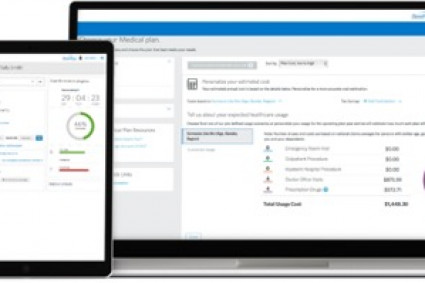
Running a restaurant business is no piece of cake. From managing staff to ensuring customer satisfaction, countless tasks demand your attention. In the midst of all this chaos, bookkeeping often takes a backseat. But did you know that proper bookkeeping is essential for the success and profitability of your restaurant? Whether you are a small bistro or an upscale eatery, keeping track of your financial transactions and records can make all the difference in driving growth and maximizing profits. In this article, we will dive into the importance of bookkeeping for restaurants and how it can revolutionize your business operations. So, let us unravel the secrets behind effective bookkeeping practices for restaurant businesses!
What is bookkeeping?
It is the process of organizing, recording, and maintaining financial transactions for a business. In simpler terms, it is like keeping a diary of all the money coming in and going out of your restaurant. Every sale, every expense, every payment - all meticulously documented. Bookkeeping serves as the foundation for accurate financial reporting and analysis. It provides you with a clear picture of your restaurant's profitability and cash flow. With proper bookkeeping practices in place, you can track revenue trends, identify cost-saving opportunities, and make informed decisions to drive growth.
The benefits of bookkeeping for restaurants
As a restaurant owner, you have a lot on your plate - from managing staff to ensuring customer satisfaction. With so much going on, it is easy for financial matters to take a backseat. However, neglecting bookkeeping can have serious consequences for your business. Some of the reasons to ensure a streamlined bookkeeping system includes:
- One of the key benefits of bookkeeping for restaurants is that it helps you keep track of your finances in an organized manner. By maintaining accurate records of income and expenses, you gain insight into the financial health of your business. This information allows you to make informed decisions about pricing, menu offerings, and cost-cutting measures.
- Another advantage is that proper bookkeeping enables you to monitor cash flow effectively. By regularly reconciling bank statements and tracking sales and purchases, you can identify any discrepancies or potential issues early on. This proactive approach allows you to address problems before they escalate.
- Additionally, bookkeeping for restaurants helps with tax compliance by providing documentation for deductions and credits relevant to the restaurant industry. You will be better prepared when tax season comes around and avoid penalties or audits due to inaccurate reporting.
- Moreover, having well-organized financial records makes it easier to secure financing or attract investors if needed. Lenders and investors want reassurance that their investment will be handled responsibly; comprehensive bookkeeping demonstrates professionalism and transparency in this regard.
By using outsourced accounting services specifically tailored for restaurants, such as inventory management or payroll processing assistance, you can save time and ensure accuracy while focusing on other aspects of running your establishment efficiently.
Conclusion
Bookkeeping plays a crucial role in the success of any restaurant business. By keeping track of your financial transactions and maintaining accurate records, you can gain valuable insights into your business's performance and make informed decisions to drive growth and profitability. Whether you choose to handle bookkeeping tasks in-house or outsource them to professional outsourced accounting services, it is important to prioritize this aspect of your restaurant operations. Implementing an effective bookkeeping system will not only help you stay organized but also ensure compliance with tax regulations and provide a clear picture of your financial health.
Remember, running a successful restaurant requires more than just serving delicious food. It involves managing finances effectively and making strategic decisions based on reliable data. So, take the time to establish proper bookkeeping practices for your restaurant today, and set yourself up for long-term success in the competitive food industry!




